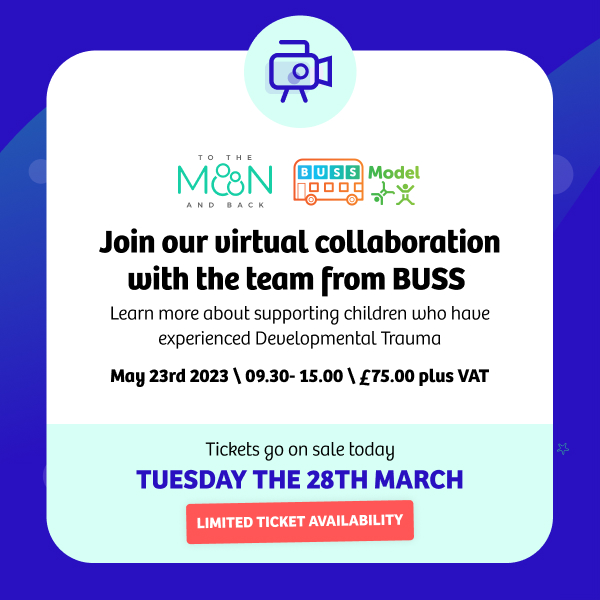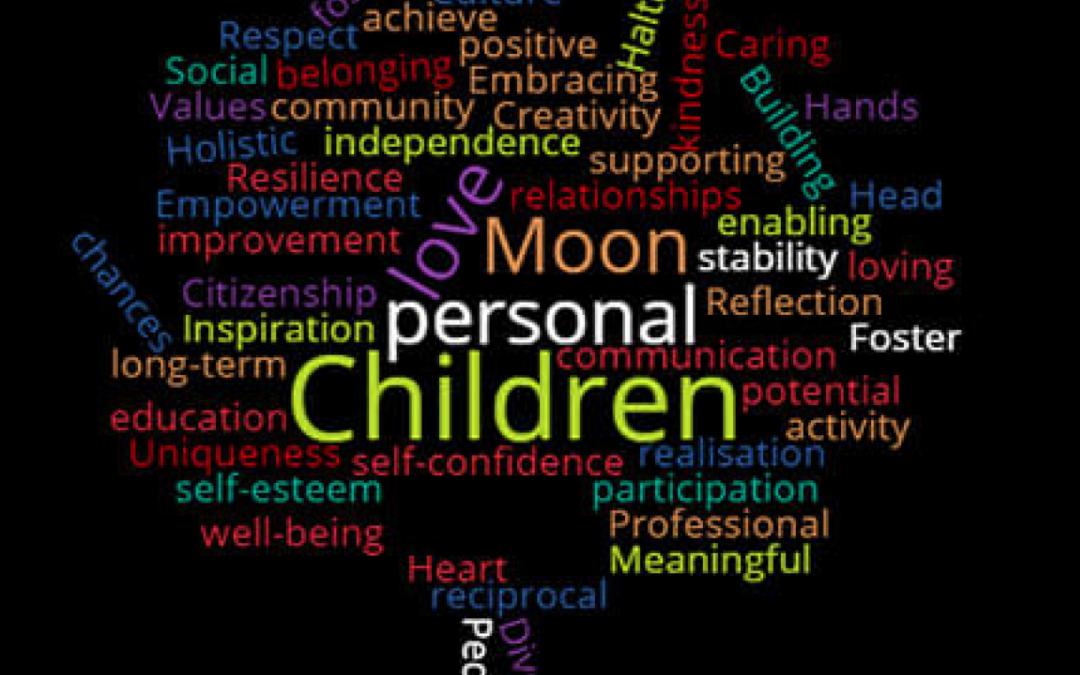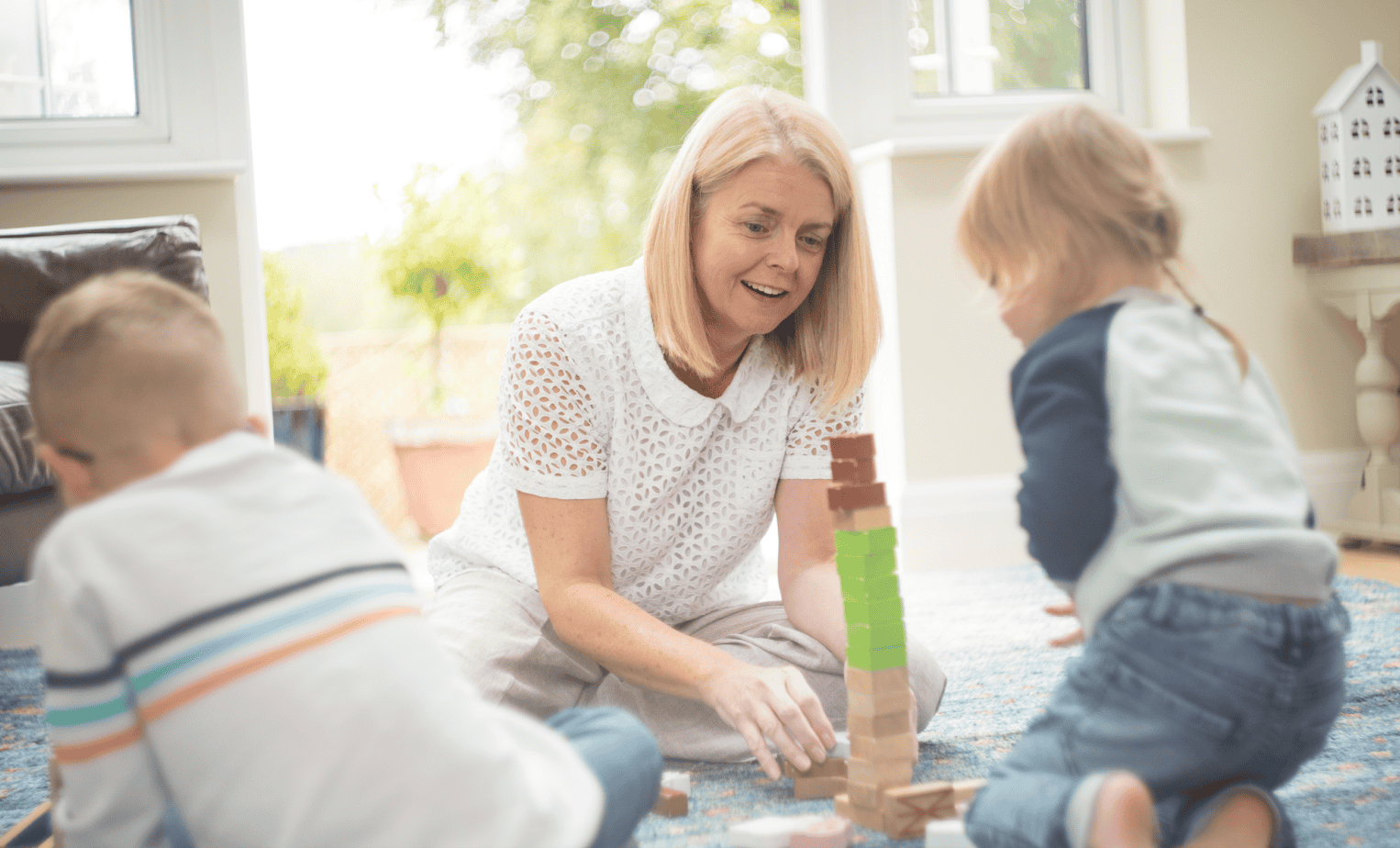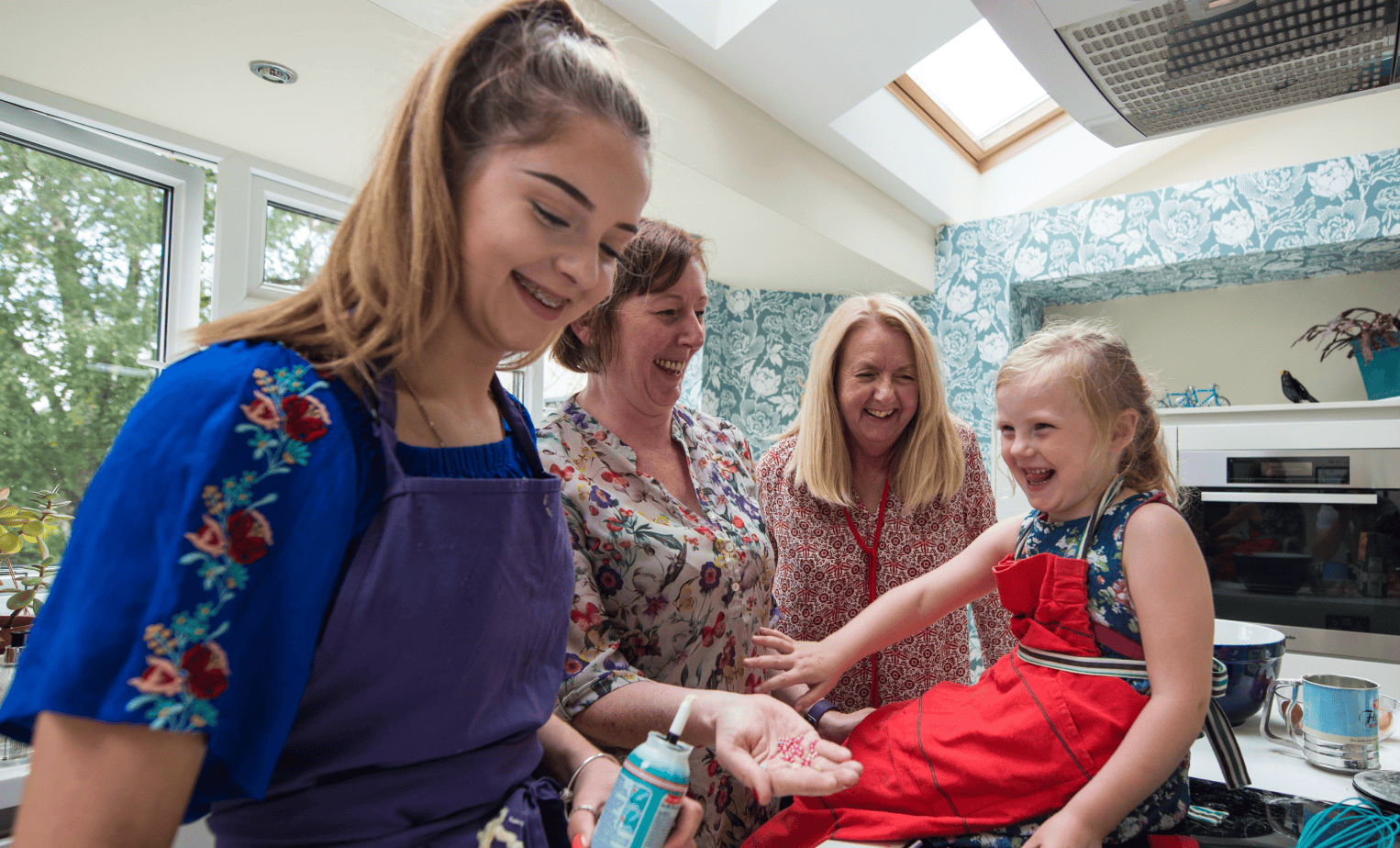This foundation sensory system has many roles and is vital to helping us be in our bodies, know when we are hungry, know where our body is without having to look, work in a co-ordinated and smooth way, for example to know how much pressure to use and when we’re holding things in our hands.
The sensory system is also a part of what helps us develop regulation skills and to be in trusting relationships. By having someone to respond when we cry, or when we need something consistently, we learn to be soothed, feel safe and want to connect to others.
Children who have experienced developmental trauma are less likely to have had this early consistent warm nurture and attuned care and as a result this can mean that young people have gaps in their experiences which can lead to underdeveloped sensory systems.
Often what can be seen in young people therefore, is a struggle to trust others and consequently they may use lots of different ways to control or avoid relationships. Emotions might be really hard to manage and so regulating big emotions might not be a strength they have. The sensory system may always be on alert, rather than being soothed or able to be curious about the world. Young people often respond as though they are still in traumatic or frightening situations.
Often the impact of developmental trauma is managed through a stable foster/adoptive home and psychological therapies, all of which can be effective, however sometimes the struggles with regulating emotions can mean that families are left managing tough situations daily, that inevitably take their toll. Families, however good they are, can and often do, end up feeling exhausted. The impact on a family where young people are unable to regulate their emotion can be too much and can result in young people moving between homes, which only adds to their feelings of feeling unloved and dysregulated, something we are all working to avoid.
A therapeutic approach called the Building up Sensorimotor Systems (BUSS) Programme, has been shown to be effective in supporting young people thrive and for families to rebuild a close relationship that fills some of those early gaps that have been missed. The idea, is through play, movement and activities, foster carers/adopters/parents can recreate those experiences that a child may have missed within an attuned relationship. This is fun and playful, as well as a structured programme. This is not to say it is easy, as there is an intensity to the programme to recreate those thousands of times that a young baby or toddler has moved around or explored their world.
The BUSS programme was developed by Sarah Lloyd, An occupational therapist and trauma specialist. WWW.bussmodel.org. The bespoke intervention is designed to address the specific needs of each child who has experienced developmental trauma including those who have experienced neglect, abuse or other adverse childhood experiences. The programme focuses on developing a child’s sensorimotor systems through a combination of sensory based activities, movements and play within a trusting and nurturing relationship.
The BUSS team say “Within nurturing relationships, babies progress through critical patterns of movement that allow the brain and central nervous system to develop, so that we can manage to do all of this without using much conscious attention. Where children have had a difficult start in life, these processes have been disrupted….. it’s possible to use games and activities, working with parents/carers and their children to rebuild these systems and help children to thrive.”
What is unique about BUSS, is that it is led by parents and foster carers working with their young person with games and activities and the subsequent building of the relationship between them, to fill those gaps in experience, that the young person may have missed. It is led by a bespoke assessment that is reviewed and developed overtime. Families are seen therefore as key to the progress that can be made.
BUSS can and does improve relationships within a home, supports a young person to learn to regulate emotions and can reduce hyper vigilance as well as support their sense of presence in their life. For some children it has improved speech and language by working on oral strength. Some children’s fine and gross motor skills have improved and can support a young person feeling more comfortable in their body.
By building an undeveloped sensory system it can help a young person be more able to take in other therapeutic support to process their trauma and adversity and in the short time that we have been working with this model we have seen remarkable outcomes that inspires us to do more.




